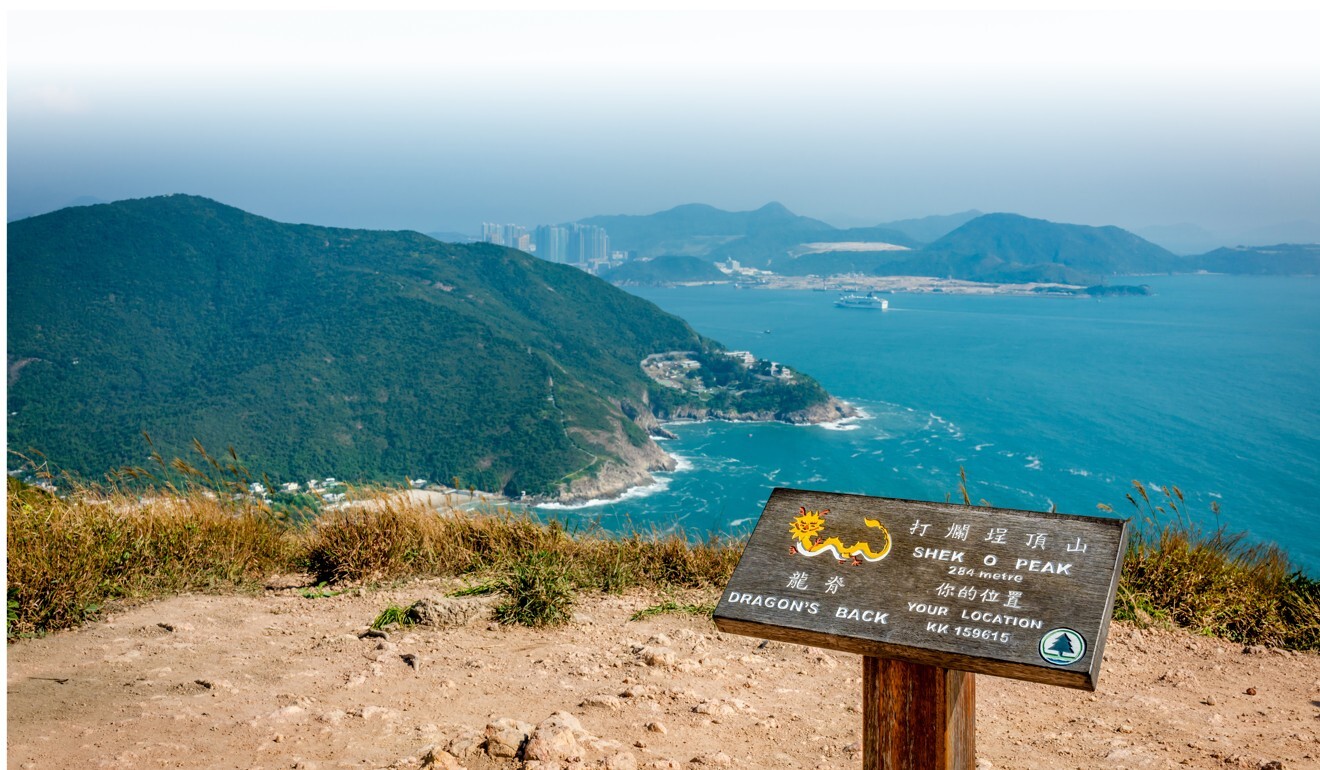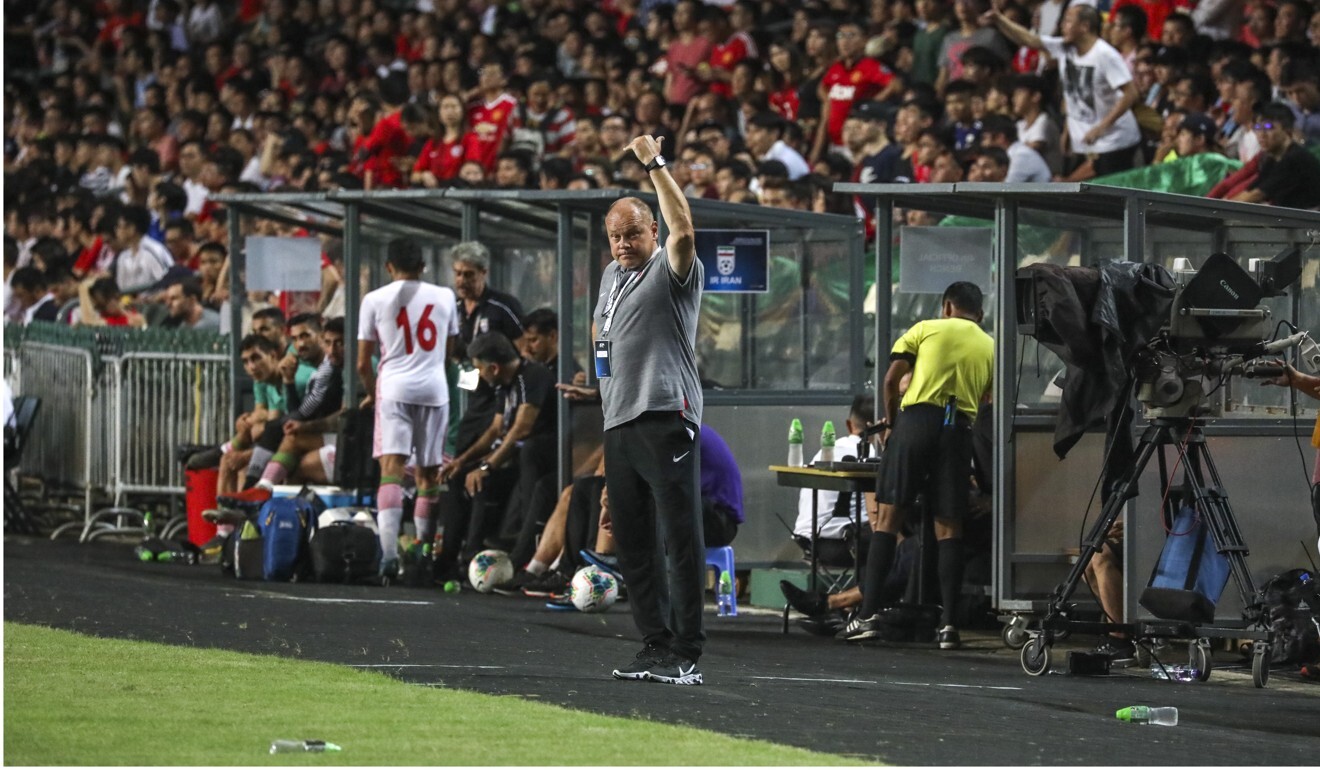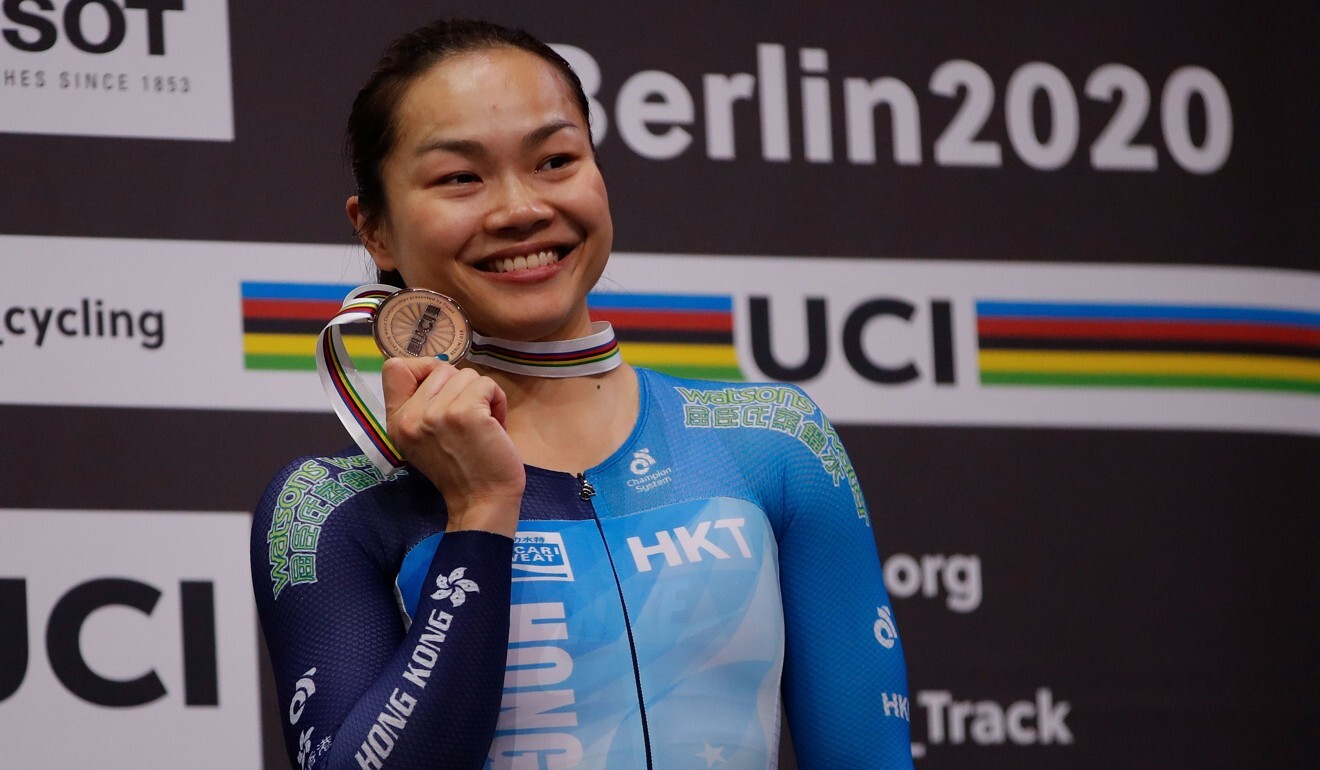
Hong Kong sport endured its very own annus horribilis in 2020. Where to from here?
- It was a desperately difficult year for a swathe of the city’s sporting bodies
- The main hope is that the damage 2020 inflicted on the local scene isn’t fatal
Spare a thought – but only if you have plenty to spare, for there have been far more sizeable concerns – for the sports writer in 2020. Again, so long as you can spare one more, perhaps offer one specifically to a Hong Kong-based sports writer since 2019.
It’s been another terribly dreary year, professionally,to add to the quite grim one the previous year.
Consider arguably the city’s most dynamic sporting scene, outside racing, which has had a mildly taxing year at worst in comparison to other sporting bodies – Hong Kong’s outdoor and extreme sports community.
By the grace of nature, Hongkongers are gifted with a wonderfully agreeable climate, stunning scenery and vast bodies of competition-ready water. The O&E calendar has enjoyed a boom in recent years and there are more events and more top competitors coming to Hong Kong every season. Well, there were.
The civil unrest of 2019 and the coronavirus pandemic of 2020 have combined to hobble its bustling ecosystem of healthy pastime and worthwhile competition.
For a writer covering the outdoor and extreme scene in the city, it’s been a fallow period – at least in terms of live events being staged – when normally there’s a packed schedule. But an O&E reporter hasn’t had it hardest this year.

Those covering the Hong Kong rugby and football beats were almost completely starved of live action, saved only by scraps of local fare returning – most briefly – at the back end of the year.
The city’s jewel in the crown, the Hong Kong Rugby Sevens didn’t happen at all in 2020, not for the want of trying on the part of the Hong Kong Rugby Union (HKRU). Originally scheduled for its regular April slot, the Sevens were firstly postponed until October before being cancelled altogether – a first for the event in a year of firsts – with an optimistic eye diverted to the 2021 edition.
Even during the deadly outbreak of Sars in 2003, the Sevens went ahead. Its scrapping this year is an indication of just how bad things became.

It’s also been well over 12 months, and counting, since the Hong Kong national football team played a game. Not too long after hiring manager Mixu Paatelainen in April 2019, with a remit to qualify for the 2023 Asian Cup and improve the national team’s performances, all “progress” was halted when international friendlies and Fifa World Cup 2022 and Asian Cup 2023 qualifying matches were postponed.
In the 20 months the Finn has been in charge, Hong Kong have managed just one win, against Cambodia, and have dropped two places in the Fifa rankings to 143.
They eventually got the money to carry on, but only after an Audit Commission investigation eviscerated the body. It lambasted the HKFA’s “poor governance” and declared it had shown “a lack of progress” in key areas since the last round of funding was rubber-stamped nine years ago. Several executives at the FA had revealed there was no plan B if the government pulled its funding.
All of which suggests that this is a make-or-break period for Hong Kong football, and that the money could really dry up if there isn’t tangible progress. It’s against this backdrop that Paatelainen will be seeking to improve results and achieve qualification to a major tournament when international football returns. A massive task.
At 33 years of age, it was recognised that this would be her final chance to better the bronze medal she claimed at London 2012 and she looked well on course for Tokyo. But a year out of action at her (relatively) advanced age can have an atrophying effect on an athlete’s career, at a point when veterans in all sports need more minutes in their legs.
We’ll cross our fingers and hope desperately that Lee has kept herself in good nick with the Tokyo Games now (hopefully) just eight short months away.

The inactivity of 2019 and 2020 also appears to have damaged the city’s standing as a world-class event host.
Somewhat worryingly, Hong Kong was left off the event calendar for the abridged 2020 WTA season that was crammed into the last six months of 2020 after failing to host the 2019 event because of the anti-government protests.
It’s a similar story with the Hong Kong Open golf event and the European Tour. While the Fanling course managed to host a delayed and scaled back 2019 version in January – one of the city’s very few sporting success stories in the calendar year – it wasn’t co-sanctioned by the European Tour. The actual 2020 edition was supposed to go ahead in November, before Covid-19 put paid to that. Now the city’s oldest professional sporting event has been omitted from the latest European Tour event calendar, despite remarks from both sides that it hoped to be reinstated for the 2021 season.
Throw in the likelihood that the English Premier League’s Asia Trophy has set up a permanent home in Singapore after several, sometimes controversial, years in Hong Kong and a very brief period of sharing the honour. The league’s row with its Chinese broadcasters over unpaid fees earlier this year will not have helped matters.
Add to that Global Rapid Rugby’s abandonment before it even got off the ground, and Hong Kong Cricket’s Sixes and T20 Blitz competitions appearing on life support, and it all adds up to a very different sporting landscape in Hong Kong, even from just a few years ago.

